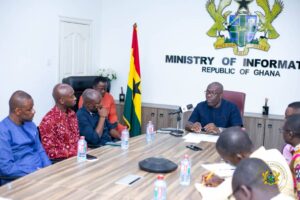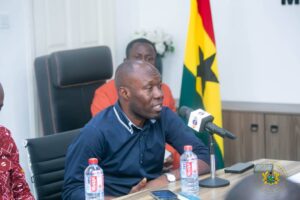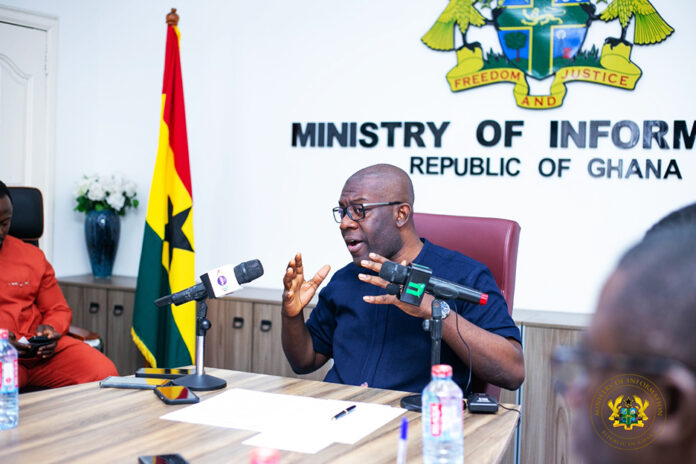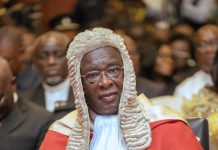The government has initiated discussions with key stakeholders in the healthcare sector to address the pressing issue of dialysis costs for renal patients.
The dialogue, which commenced in a meeting with the Private Health Facilities Association of Ghana (PHFAoG), was aim to explore effective measures for reducing the financial burden on patients requiring dialysis treatment.

The Minister for Information, Kojo Oppong Nkrumah, who opened the dialogue, shed light on the government’s commitment to this critical matter, and disclosed that the President had instructed the health authorities to thoroughly examine the challenges surrounding dialysis expenses and propose solutions.
These recommendations, due in the coming weeks and set to be jointly provided by the Health Insurance Authority and the Ministry of Health, would play a pivotal role in determining government course of action.
“The input that you’re sharing with us today, I’m giving you the assurance that it will find expression at the table when those considerations are being made,” the Minister said.

Key figures from the PHFAoG were in attendance, including Vice President Samuel Boakye Donkor, Eastern Regional Patron, Dr. Yaw Osafo, and Ashanti Regional Patron, Samuel Boakye.
Mr. Donkor highlighted the challenges posed by high importation duties on medical equipment, particularly dialysis machines. He urged the government to consider either incorporating dialysis costs into the National Health Insurance Levy (NHIL) or establishing a dedicated levy to alleviate the financial strain on renal patients.

Dr. Osafo drew attention to the unequal distribution of dialysis centers in Ghana, with the majority concentrated in the Greater Accra and Ashanti regions. He urged the government to integrate dialysis centers into the Agenda 111 hospital project, ensuring that dialysis services become accessible at the district level.
Mr. Boakye emphasized the urgency of revitalising the health sector and suggested that with government support, private health facilities could significantly reduce the cost of importing medical equipment by up to 40%.
This, Minister Oppong Nkrumah assured the stakeholders that their concerns would be presented before Cabinet for government intervention. He said government is taking proactive steps to find sustainable solutions to the challenges faced by renal patients and healthcare providers across the country and in due time, some interventions will be done.









